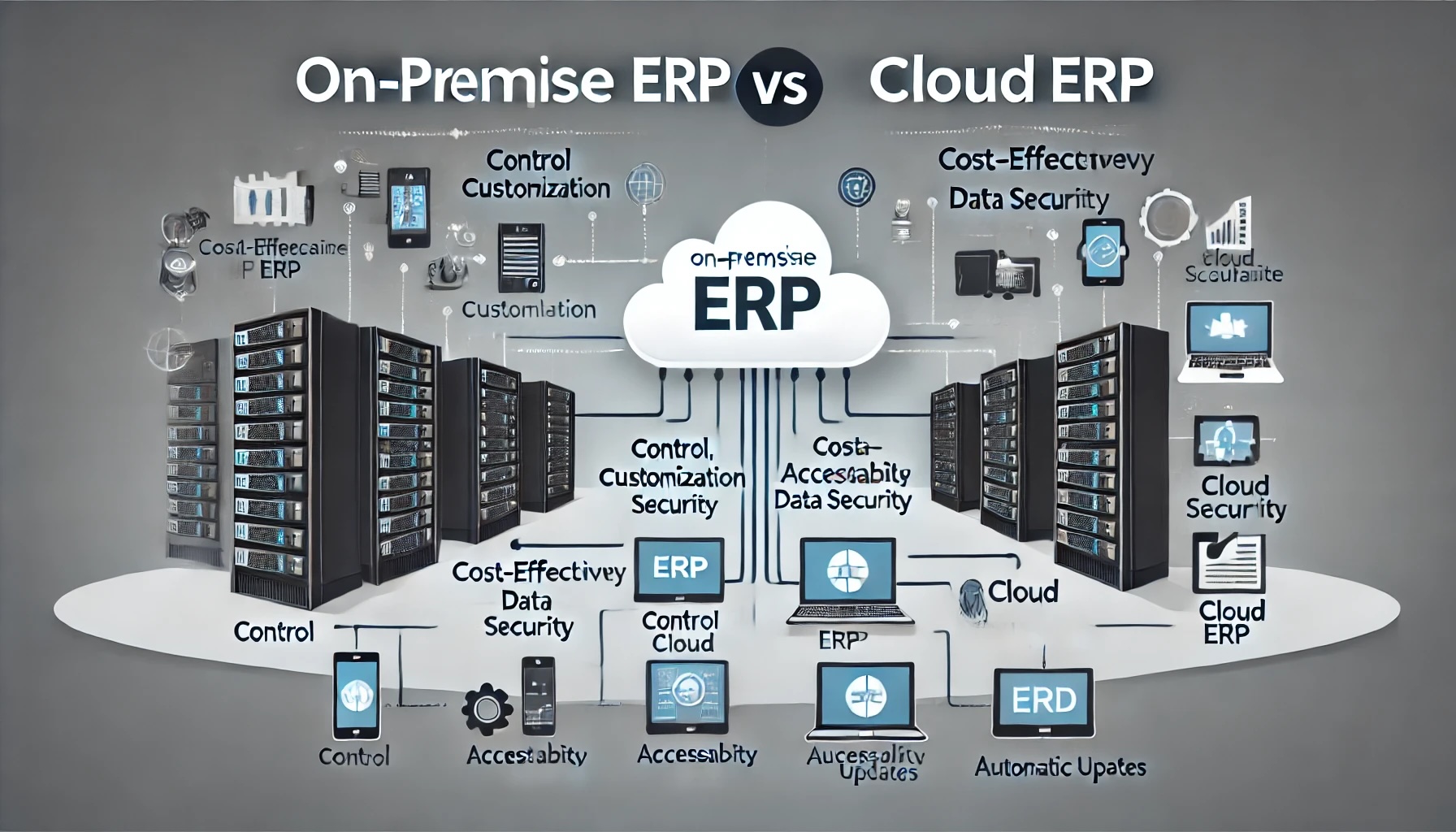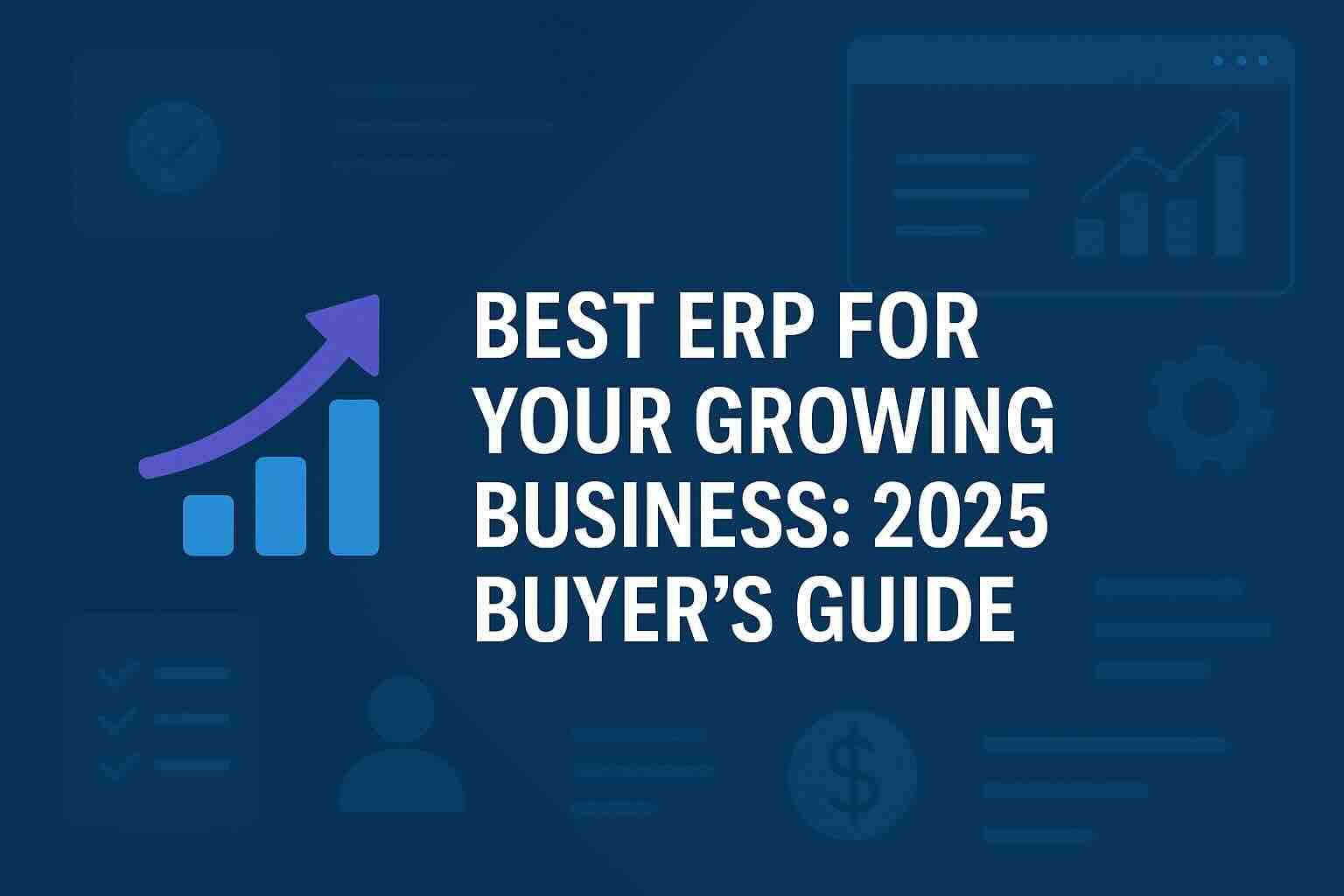Is Workday a Good Option for Fashion Businesses?

In the dynamic and constantly changing world of fashion, businesses are under constant pressure to streamline operations, boost employee productivity, and enhance customer experience. As companies grow and expand, managing human resources (HR), finance, and supply chains can become increasingly complex. This is where enterprise resource planning (ERP) solutions like Workday come into play. But is Workday a good option for fashion businesses specifically? Let’s explore that further.
What is Workday?
Workday is a cloud-based ERP software suite that specializes in financial management, human resources, planning, and analytics. The platform integrates various business functions into one unified system, offering real-time insights and enhancing decision-making processes. Workday is particularly known for its user-friendly interface and innovative features like artificial intelligence and machine learning, which allow businesses to optimize operations across HR, finance, and planning.
How Does Workday Benefit Fashion Businesses?
The fashion industry faces unique challenges, from managing global supply chains to handling fluctuating consumer demand. Fashion businesses need flexible, real-time solutions that help them stay competitive. Here’s how Workday can benefit fashion businesses:
1. Streamlined Human Resource Management
Human resources are the backbone of any business, and in the fashion industry, it’s no different. Fashion businesses often have seasonal employees, design teams, production staff, and retail workers to manage. Workday’s HR module helps fashion companies:
-
Automate Recruitment: With its integrated recruiting tools, Workday makes it easier for fashion businesses to find and hire the best talent quickly, which is crucial in an industry with high turnover.
-
Manage Employee Development: Workday’s employee development tools allow fashion companies to track employee performance, offer training, and foster career growth. This is especially important in a creative and competitive environment where employee engagement and retention are critical.
-
Global Workforce Management: Many fashion brands operate internationally. Workday supports multinational teams, offering language localization and compliance management across different regions.
2. Optimized Financial Management
Fashion businesses, particularly large ones, juggle various financial processes—budgeting, financial reporting, inventory management, and vendor payments. Workday helps fashion companies optimize these processes by offering:
-
Real-Time Financial Insights: Workday provides real-time data and analytics on financials, allowing fashion businesses to make informed decisions quickly. Whether it’s tracking revenue from different product lines or understanding how a promotional campaign impacts sales, Workday ensures business leaders have the financial data they need at their fingertips.
-
Budgeting and Forecasting: Fashion businesses can predict future costs, demand cycles, and seasonal fluctuations more accurately. Workday’s advanced forecasting features enable businesses to better prepare for demand spikes during peak seasons like holidays or fashion weeks.
3. Supply Chain and Inventory Management
Fashion brands often deal with complex supply chains, where managing inventory, vendors, and distribution channels is essential for success. Workday helps in the following ways:
-
Inventory Control: By integrating financial and supply chain data, Workday ensures that fashion companies can keep track of inventory levels in real time. This can significantly reduce overstocking or understocking, minimizing wasted costs or lost sales opportunities.
-
Vendor Management: Workday allows fashion businesses to track vendor performance and ensure on-time delivery, a key factor in the fashion industry where timing is everything. If a supplier fails to deliver goods on time, it can affect the entire production and sales cycle.
-
Improved Collaboration: Workday’s cloud-based platform fosters better communication between teams working across different departments and locations. For global fashion businesses, this is crucial for ensuring that product designs, manufacturing, and retail operations align seamlessly.
4. Scalability and Flexibility
Fashion businesses operate in a dynamic environment, where trends, consumer preferences, and sales can change rapidly. As businesses scale, their need for flexible and scalable systems becomes more apparent. Workday is designed with scalability in mind, allowing fashion companies to adapt to changing market conditions without disrupting their operations. Whether a company is expanding to new regions or launching a new product line, Workday’s cloud-based platform can grow with the business.
5. Enhanced Customer Experience
In the fashion industry, customer experience plays a pivotal role in retaining and growing a brand’s consumer base. Workday’s suite of tools can improve customer experience by helping businesses better understand customer preferences, inventory availability, and sales trends. This means that fashion brands can deliver products to customers more quickly and efficiently, improving overall satisfaction.
What Are the Challenges of Using Workday for Fashion Businesses?
While Workday offers many benefits for fashion businesses, there are also some challenges to consider:
1. Implementation Complexity
Like any enterprise-level software, the implementation of Workday can be a complex process. For a fashion business with many moving parts, integrating Workday’s systems with existing platforms may take time and resources. Proper training for employees will also be necessary to ensure they can navigate the platform efficiently.
2. Cost
Workday is a premium software solution, and for smaller fashion businesses or startups, the cost of implementing and maintaining Workday can be prohibitive. However, for larger or more established fashion businesses, the investment in Workday can pay off in terms of efficiency and improved business performance.
3. Industry-Specific Features
While Workday provides a broad range of features, it may lack certain industry-specific functionalities that some fashion businesses need. Some niche fashion companies may prefer specialized ERP systems that focus on fashion-specific supply chain management, product lifecycle tracking, or apparel design features. As Workday continues to develop, it may add more industry-specific features to meet these needs.
Conclusion: Is Workday a Good Fit for Fashion Businesses?
In conclusion, Workday offers fashion businesses a comprehensive suite of tools to manage HR, finance, and supply chain operations more effectively. Its scalability, ease of use, and real-time data analytics can help fashion brands streamline operations, manage a global workforce, and improve financial decision-making. However, for smaller businesses or those with specific industry needs, Workday’s high cost and the complexity of implementation may present challenges.
Ultimately, Workday is best suited for mid to large-sized fashion companies that are looking for a flexible, scalable ERP solution that can support their growth and operational needs. For these businesses, the benefits of enhanced collaboration, real-time insights, and optimized financial management far outweigh the challenges. For smaller brands, alternative, more tailored solutions may be worth considering, depending on the company’s specific requirements. To find out more about Workday for the fashion industry you can visit this link.
Find the Perfect ERP in Minutes
Choosing the right ERP can transform your business. With our AI-powered Compare ERP tool, you can quickly explore and compare solutions tailored to your needs. Get a personalized recommendation in less than five minutes. Our advanced engine analyzes millions of data points across 100+ ERP solutions, delivering your top three picks based on your business priorities. Best of all, it’s completely free. Take the first step toward streamlining operations and boosting productivity – start comparing today!









